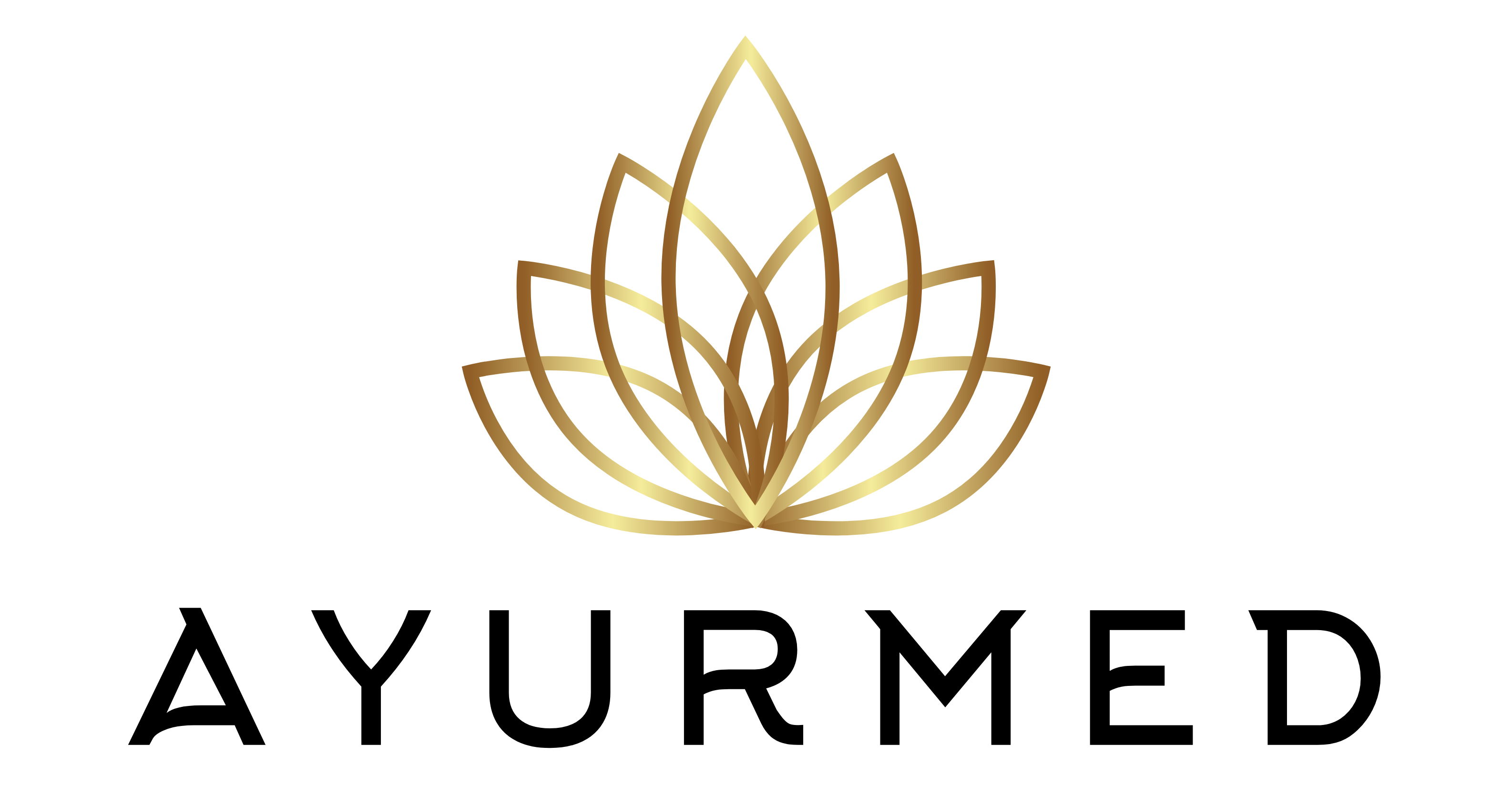
The Role of Pharmacists in Integrative Health
Pharmacists have long been seen as essential members of the healthcare team, primarily known for dispensing medications. However, in the evolving field of integrative health, their role is expanding far beyond that. Today, pharmacists are key players in delivering comprehensive, personalized care that blends both pharmacological and non-pharmacological therapies to improve patient outcomes.
Medication Management and Personalized Care
One of the most crucial roles pharmacists play in integrative health is medication management. They don’t just fill prescriptions—they work closely with patients to ensure that medications are appropriate, effective, and safe. By reviewing medications and performing thorough assessments, pharmacists can identify potential drug interactions, monitor side effects, and adjust doses based on individual needs. Through personalized care plans, they ensure that pharmacological treatments are aligned with the patient’s overall health goals.
In the integrative health model, pharmacists also consider alternative and complementary therapies. By understanding the full scope of both traditional medications and holistic practices, they help patients incorporate these treatments safely and effectively. For instance, a pharmacist might recommend herbal supplements or lifestyle modifications that complement prescription treatments, enhancing healing while minimizing adverse effects.
Patient Education and Empowerment
Pharmacists are also at the forefront of patient education. They take the time to explain the purpose, benefits, and potential side effects of medications, as well as the role of non-pharmacological treatments like acupuncture, nutrition, or exercise. By educating patients on their treatment options, pharmacists empower them to make informed decisions about their health. This education fosters trust and collaboration between patients and healthcare providers, ensuring the best possible outcomes.
Collaborative Care
In an integrative health setting, pharmacists collaborate with other healthcare providers, including physicians, nutritionists, and therapists, to develop a holistic care plan that treats the whole person. This collaborative approach ensures that all aspects of a patient’s health—physical, emotional, and mental—are addressed. Pharmacists can make valuable contributions by offering insights into drug interactions with herbal remedies or advising on the most effective delivery methods for both prescription and alternative treatments.
Beyond the Basics
The role of pharmacists in integrative health goes well beyond dispensing medications. They are essential in medication management, medication optimization, patient education, and providing personalized care plans that integrate both traditional and alternative therapies. By working with other healthcare professionals and offering individualized guidance, pharmacists help patients achieve optimal health outcomes in a balanced, holistic way.
If you’re looking for personalized care that considers both medications and holistic treatments, our pharmacy team is here to help guide you on your health journey.
Reach out today to AyurMed to learn more about how our approach can support your overall wellbeing. Contact Dr. Nathu by calling (949) 229-3002 to book an appointment today.


